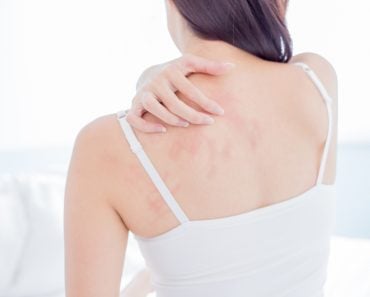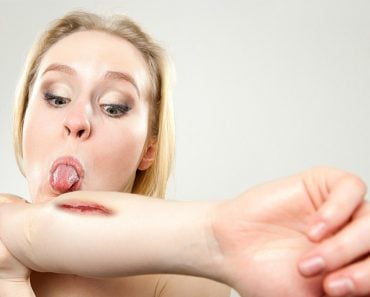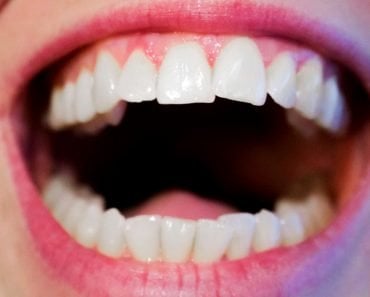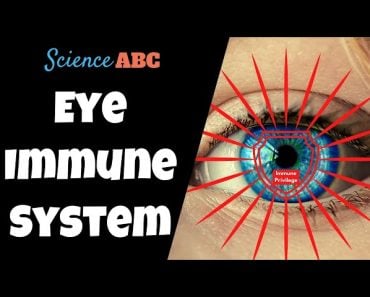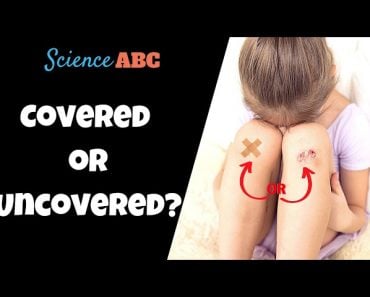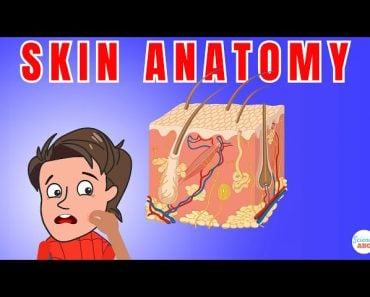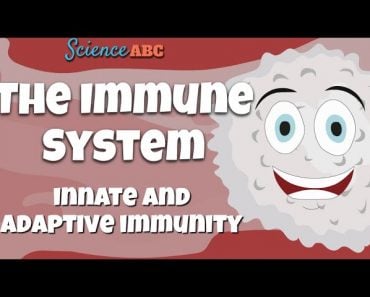Table of Contents (click to expand)
A wound itching is normal and part of the healing process. It is not a sign of infection. The wound itches because itch-sensing neurons are activated from the inflammatory chemical such as cytokines and interleukins that immune cells such as macrophages and dendritic cells release. There is no evidence that the itch is due to mechanical stress from the wound stretching.
The ability of the human body to heal and repair most wounds is truly remarkable; from small cuts and scrapes to larger injuries and ailments, our bodies seem to be on a constant mission to keep us 100% intact and healthy.
However, a peculiar thing happens when our wounds are healing—the unavoidable “itchiness” of the wound. In particular, this happens after scabs have begun to form and the healing process is moving in the right direction. For many people, scratching that itch is far too satisfying to avoid, which can often disrupt the healing process, making it take even longer!
If the human body is clever enough to heal itself, why does it make those healing wounds so itchy?
Recommended Video for you:
The Healing Process
Wounds itching might as well be one of Nature’s practical jokes because it is a normal part of wound healing.
To heal a wound, several chemical and physical processes kick into gear. The first job is to stop bleeding from ruptured blood vessels. Platelets, cells in the blood, stick together and clog the ruptured vessel. Certain proteins, such as fibrin, create a mesh where the platelets have clogged the blood vessel, which forms a clot. This prevents further blood loss and blocks infection-causing pathogens from entering the body.
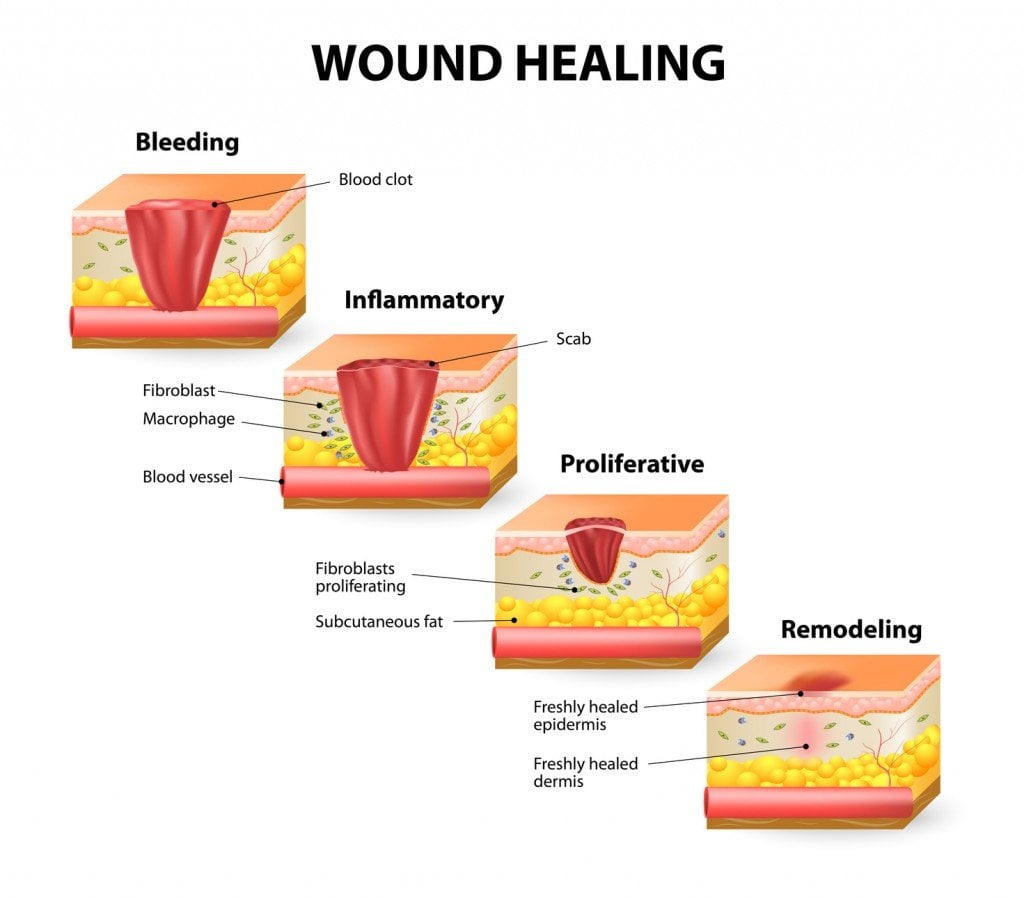
Soon after, the wound becomes inflamed and red. The cells at the site of the wound release chemicals that recruit white blood cells, such as neutrophils, macrophages, and lymphocytes, to annihilate pathogens that may have made their way into the body.
After this initial response, the healing process begins. Skin cells divide to replace damaged cells. Cells called fibroblasts create the protein collagen, which is what makes our skin both elastic and strong.
Lastly, the collagen in the dermis is remodeled, making the scar tissue tougher.
Meanwhile, the clot turns into a scab, and you’ll notice the skin around the scab beginning to stretch. This is when the itching starts.
Also Read: Do Different Parts Of The Body Heal At Different Rates?
So Why Does The Wound Or Scab Itch?
Every square inch of our skin is connected to nerves, such as the sense of touch, pain, and pressure. Itch-specific nerve fibers in the skin tell our central nervous system that something irritates the skin at a certain spot. You (or your brain) act on this by scratching the itch.
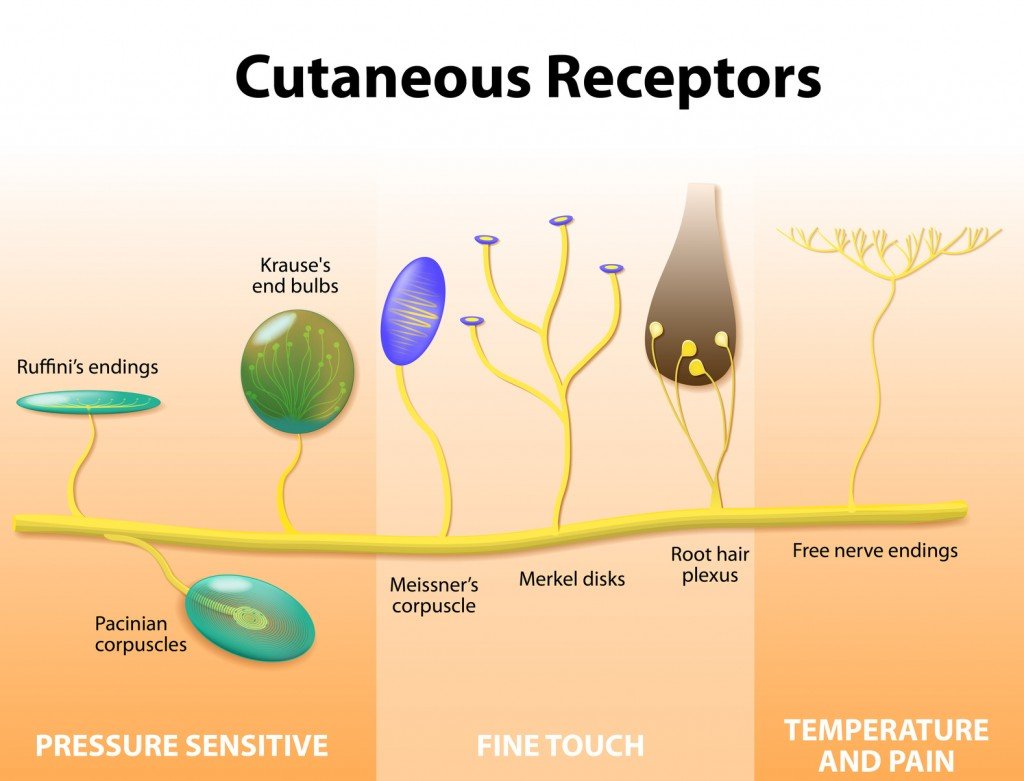
The itching you feel when your wound is healing is a false alarm. Your itch-specific nerves are stimulated as your tissue repairs itself.
The evidence so far suggests that itching is due to chemical messengers that immune cells release at the site of injury release. Immune cells produce a whole host of chemicals, such as histamines, interleukins, and cytokines linked to itching. Dendritic cells and macrophages release inflammatory molecules collectively called interleukins that induce the itching.
These molecules are in their highest concentrations around the wound during the cell regeneration phase of healing.
Another cause of the itching could be sweat glands blocked by the growth of bacteria. Dry skin around the wound can exacerbate the itch.
Your healing wound does not itch because the skin around your wound is contracting. This is a popular statement around the internet, but it is an unsubstantiated statement.
Do Not Scratch Your Wound.
In the cases when an itch is from an insect crawling on you, an insect bite, or an allergic reaction, acting on the itch could save your life or from an annoying bite. However, acting on the itch at the wound is a bad idea.
Scratching a wound will interfere with the healing process. It can scrape off newly formed tissue, disturb cells in deeper layers of the skin, and cause additional damage to the surrounding healthy skin. All of this can increase the risk of infection, which leads to the wound taking a longer time to heal, as well as eventual scarring.
Scratching the wound will only make the itch worse. Every time you scratch a wound you inflict a tiny amount of pain as well. As it turns out, pain and itch signals have intertwined pathways. The pain from scratching will, further down the line, activate itch pathways in the spinal cord and brain. And so the vicious itch-scratch-itch cycle continues.
If we could just muster a bit of willpower and stop ourselves from picking off our scabs, life would be grand!
Also Read: Will A Wound Heal Faster Exposed To Air Or Covered?
Last Updated By: Salama Yusuf
References (click to expand)
- Itching for Knowledge About Wound and Scar Pruritus.
- Bandell, M., & Patapoutian, A. (2009, December). Itching for Insight. Cell. Elsevier BV.
- Powers, J. G., Higham, C., Broussard, K., & Phillips, T. J. (2016, April). Wound healing and treating wounds. Journal of the American Academy of Dermatology. Elsevier BV.
- Dong, X., & Dong, X. (2018, May). Peripheral and Central Mechanisms of Itch. Neuron. Elsevier BV.
- Xu, J., Zanvit, P., Hu, L., Tseng, P.-Y., Liu, N., Wang, F., … Chen, W. (2020, August). The Cytokine TGF-β Induces Interleukin-31 Expression from Dermal Dendritic Cells to Activate Sensory Neurons and Stimulate Wound Itching. Immunity. Elsevier BV.


